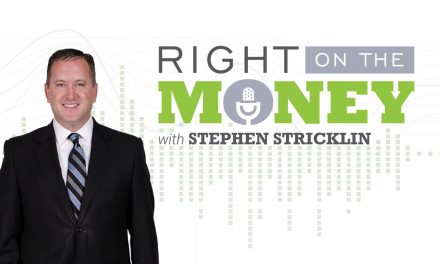Aspiring retirees may be closer than they think to their retirement dreams. Finding a “lost treasure” and re-deployment through a 401(k) rollover could make all the difference. Careful consideration should go to investment options, timelines and risk tolerance.
Nearly unthinkable, thousands of hard-working employees have left behind their 401(k) accounts with past employers, compromising their dreams of retirement. Published figures place asset values at more than $1 trillion, and many financial planners can cite a prospect or client experience that includes an “orphaned” account, as they are known. The cause may have been a cross-country move, neglect or, the after-effects of a job change in an era when employees can have double-digit employers.
The cost can easily escalate into the tens of thousands of dollars or more. Consider a forgotten $10,000 account balance. It would balloon to nearly $24,000 over 15 years compounding annually at 6%. If left behind, however, an annual 1% return during prolonged periods of puny money market rates – often the default investment option – would render a balance of perhaps just $12,000. The difference is what dream vacations are made of, and the multiplier had it been added to an existing account can only be imagined. Avoidance is best accomplished through attentiveness. In its absence, a career reconstruction that includes contacting the human resources departments of past employers is recommended. Creating an employment history and reviewing all your retirement accounts may yield monies you weren’t aware of.
Rollovers to IRAs from 401(k) accounts – whether attentively maintained following a career transition or re-discovered – are common and fees may apply. The benefits include client control and distribution to a broader or more preferred investment mix to include annuities, stocks or mutual funds. A risk-tolerance test, something that less than 10% of participants complete, can influence the allocation process. Strong consideration should be given to the owner’s age, and the limited number of available years to recover from a late-stage market decline.
Like trying to plan a road trip without a map or GPS, the retirement journey is hampered without having all the necessary components on-hand. Work and post-work years should include diligent documentation and the oversight of a retirement professional who can confirm accounts and balances.
Syndicated financial columnist Steve Savant interviews top retirement specialists in their field of expertise. this segment features retirement specialist Frank Coen. Right on the Money is a financial talk show distributed in daily video press releases to over 280 media outlets and social media networks.




